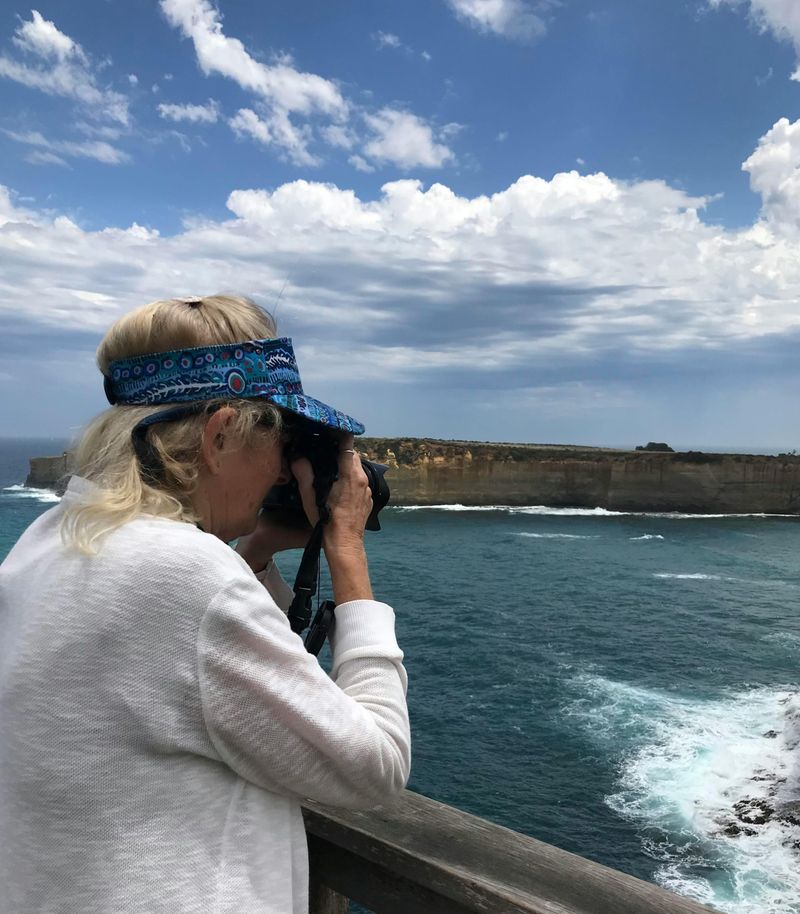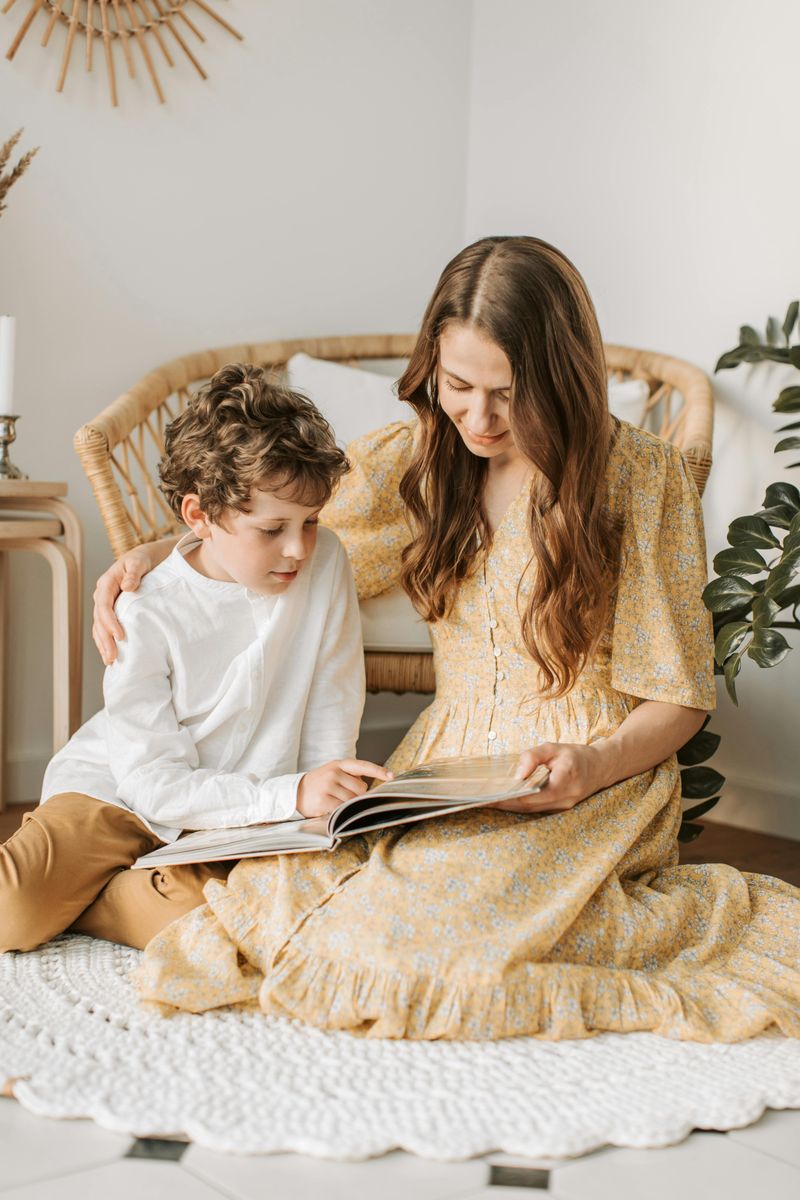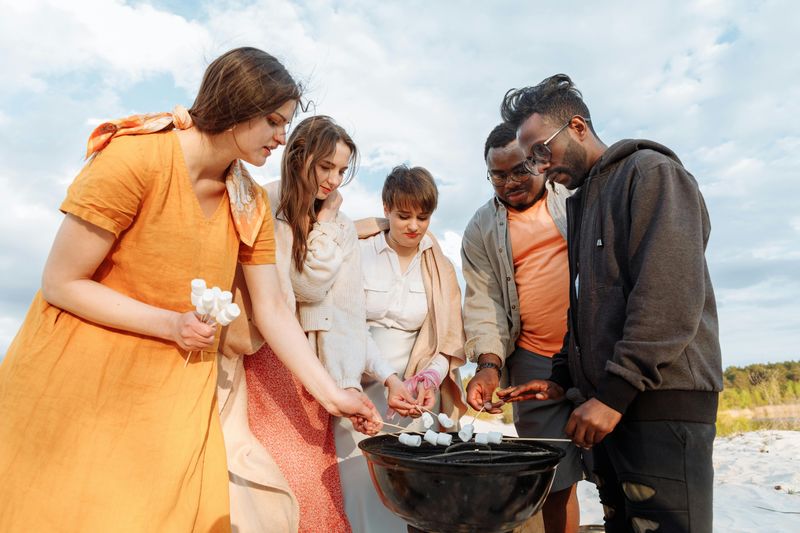12 Questions to Help You Get to Know Anyone Better

Getting to know someone goes far beyond small talk. While conversations often start with surface-level topics, the right questions can open the door to deeper understanding and real connection. Whether you’re meeting a new friend, strengthening a relationship, or simply curious about the people around you, thoughtful questions make all the difference. They not only show genuine interest but also encourage stories, reflections, and insights that help you see someone in a new light. Instead of relying on the usual “What do you do?” or “Where are you from?”, try asking questions that reveal values, experiences, and dreams.
1. What’s a small thing that always makes your day better?

Little joys reveal big truths about people. When someone shares their daily happiness triggers, they’re giving you a glimpse into their values and what brings them contentment.
Some might mention morning coffee rituals or evening walks, while others might highlight text messages from loved ones or spotting dogs in the park. These small pleasures often reflect deeper personality traits – whether someone finds joy in solitude, nature, accomplishment, or connection.
Pay attention to their enthusiasm when answering. The way their face lights up telling you about finding money in an old jacket or seeing a beautiful sunset tells you what genuinely excites them beyond the obvious big life events.
2. What’s a hobby or interest you’ve always wanted to explore?

Asking about unexplored interests reveals aspirations someone might be too shy to pursue or hasn’t found time for yet.
Listen carefully to what holds them back – is it fear, resources, or simply time constraints? Their answer might reveal pottery-making dreams, desire to learn a language, or wishes to try rock climbing. You’ll discover if they’re drawn to creative expression, physical challenges, intellectual pursuits, or social activities.
The gap between current life and desired experiences often tells a more honest story than discussing established hobbies. This question invites vulnerability as they share not just what they do, but what they wish they could do.
3. If you could relive one day from your past, which would it be and why?

Memory is selective – we preserve every moment that shaped us. When someone chooses a single day worth reliving, they’re revealing what they truly value in life.
Some might choose achievement milestones like graduations or career triumphs. Others gravitate toward connection moments – weddings, births, or ordinary days with loved ones now gone. The reasoning matters more than the day itself.
Notice whether they choose happiness or significance – sometimes the most impactful days weren’t the happiest. This question invites reflection about life’s defining moments and provides insight into how someone measures value in their experiences. Their answer might surprise you with its simplicity or depth.
4. Who has had the biggest influence on who you are today?

Our heroes and mentors shape our core values. This question reveals the foundations of someone’s character by identifying who they admire enough to be molded by.
The answer might be expected – parents, teachers, or famous figures. Or it might surprise you – a childhood friend, a fictional character, or even an adversary who taught tough lessons. Listen for specific qualities they admire in this influential person.
What’s particularly telling is how they describe this influence. Do they focus on career guidance, emotional support, or moral compass? Their answer creates a map of their values and shows what kind of impact they hope to have on others. It’s a window into both their past and their aspirations.
5. What’s a book, movie, or show that has really stuck with you?

Stories we connect with mirror our inner worlds. The narratives that linger in someone’s mind long after the last page or final credits reveal their emotional landscape and worldview.
Beyond just naming a title, encourage them to explain why it resonated. Was it a character they identified with? A moral dilemma that challenged them? Or perhaps an emotional journey that paralleled their own life? Their explanation often reveals more than the choice itself.
Cultural touchstones become part of our identity. Whether they mention a philosophical novel, heartwarming film, or thought-provoking series, you’ll gain insight into their values, fears, hopes, and the themes they’re drawn to explore in their own life story.
6. What’s something most people don’t know about you?

This gentle invitation to share something unexpected creates space for authenticity beyond social masks.
The level of disclosure tells you about trust and openness. Some might share lighthearted secrets like unusual talents or quirky habits. Others might reveal deeper aspects – childhood dreams, personal struggles, or surprising beliefs. Either way, you’re being offered a piece of themselves not commonly displayed.
The beauty of this question lies in its freedom. By not specifying what kind of information you’re seeking, you allow them to control the vulnerability dial. Their choice – whether playful or profound – reveals not just the content of their answer but their comfort with self-disclosure and their assessment of your trustworthiness.
7. If you could instantly master one skill, what would it be?

Playful hypotheticals cut straight to someone’s values and how they wish to move through the world.
Musical abilities might signal desire for creative expression. Language mastery could indicate yearning for connection across cultures. Physical skills like surfing or climbing might reveal adventure-seeking. Technical skills show pragmatism or career ambitions. The reasoning behind their choice often reveals more than the skill itself.
What’s fascinating is whether they choose skills for personal fulfillment, practical advantage, or to benefit others. Do they wish to perform, create, communicate, or solve problems? Their answer paints a picture of not just what they want to do, but who they wish to become.
8. What does your perfect weekend look like?

When obligations fall away, what someone chooses reveals their authentic preferences and energy patterns.
Extroverts might describe social gatherings, concerts, or group adventures. Introverts might paint pictures of quiet reading nooks, nature walks, or creative pursuits at home. The balance between activity and rest, solitude and company, productivity and leisure speaks volumes about personality.
Notice whether their ideal involves planning or spontaneity, luxury or simplicity, novelty or routine. Are they energized by accomplishment or relaxation? Do they mention others or focus on personal space? This glimpse into their ideal world reveals not just preferences but values – what constitutes time well spent when no one’s watching the clock.
9. What’s a challenge you’ve overcome that you’re proud of?

Victories reveal character under pressure. The obstacles someone chooses to highlight and how they framed their journey through difficulty provides a window into their resilience and values.
Some might share professional hurdles or academic achievements. Others might discuss personal growth, health struggles, or relationship challenges. Pay attention to what they consider worth fighting for and what qualities they demonstrated in the process.
Even more revealing is how they tell the story. Do they emphasize their independence or support systems? Do they focus on the struggle or the outcome? Their narrative shows not just what they’ve done but how they make meaning from adversity and what they believe about their own capacity to face future challenges.
10. What’s your go-to comfort food or meal?

The dishes we turn to when seeking solace often connect to childhood, cultural heritage, or significant relationships.
Someone might mention grandmother’s recipes, revealing family traditions. Others might describe simple pleasures like grilled cheese sandwiches or elaborate meals requiring focused preparation as mindfulness practice. Food choices tell stories about upbringing, cultural background, and what kind of comfort someone seeks – nostalgic connection, sensory pleasure, or distraction through preparation.
The context matters too. Do they prepare this food themselves or seek it from specific places? Is it shared or enjoyed alone? Beyond just culinary preferences, this question opens conversations about self-care practices, emotional regulation strategies, and the role of food in their life’s significant relationships and memories.
11. If you could live anywhere in the world for a year, where would you go?

This question tells you whether someone craves familiarity or adventure, isolation or community, urban energy or natural beauty.
Some might choose bustling cities like Tokyo or Paris, revealing interest in cultural immersion. Others might select remote islands or mountain villages, suggesting desire for simplicity or connection with nature. The reasoning matters – are they drawn by cuisine, language, landscape, lifestyle, or historical significance?
What’s particularly revealing is whether they’ve actually visited their chosen place or if it represents an idealized unknown. This distinction shows their relationship with fantasy versus reality. Their answer paints a picture of not just geographic preferences but values around comfort, challenge, and what constitutes the good life beyond current circumstances.
12. What’s something you’re looking forward to right now?

Anticipation is a window into someone’s relationship with time, hope, and life’s possibilities.
Their answer might range from immediate pleasures (weekend plans, upcoming meals) to distant milestones (career achievements, life transitions). The timeframe they naturally gravitate toward reveals their planning horizon and what size of joy registers as meaningful.
Notice whether they mention experiences or acquisitions, solitary pleasures or shared moments. Are they looking forward to achievement, connection, or escape? Their answer not only shows what brings them joy but demonstrates their capacity for positive anticipation – a key component of emotional wellbeing. This forward-looking question ends conversations on an optimistic note while revealing priorities.

Comments
Loading…